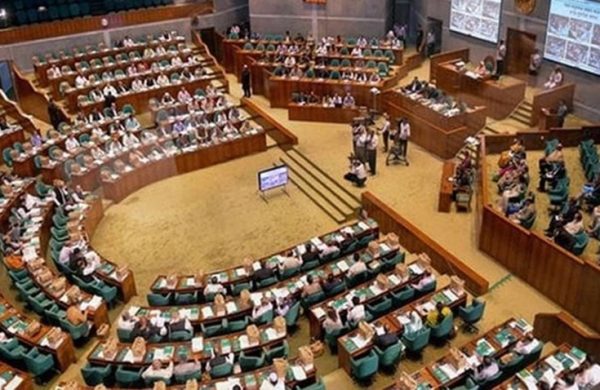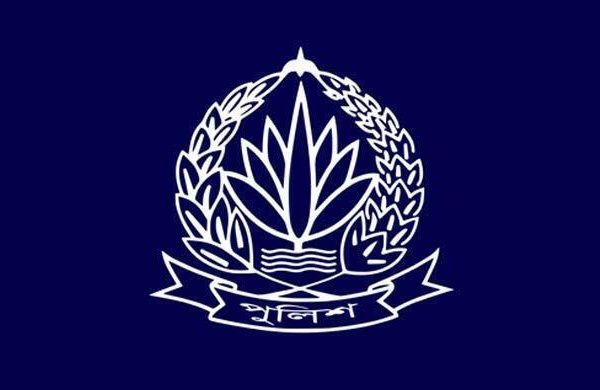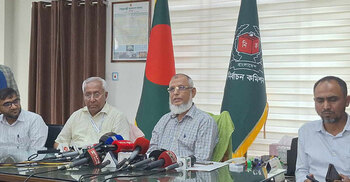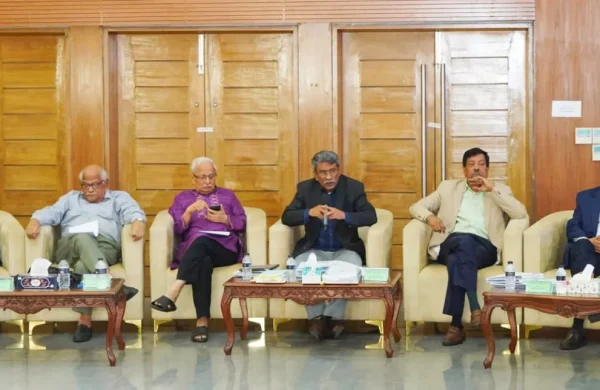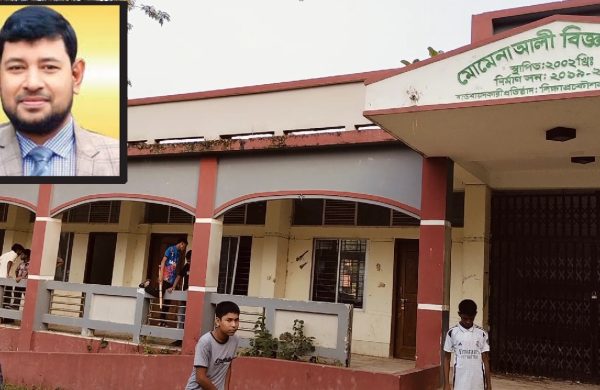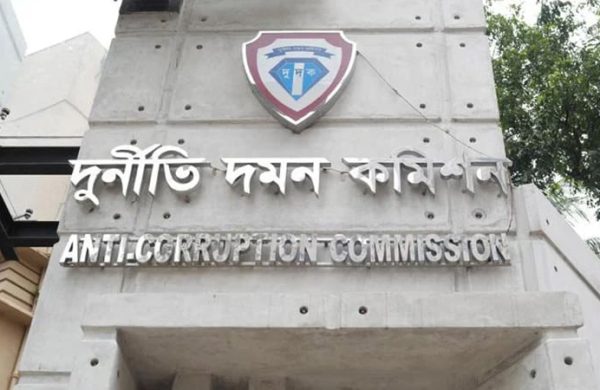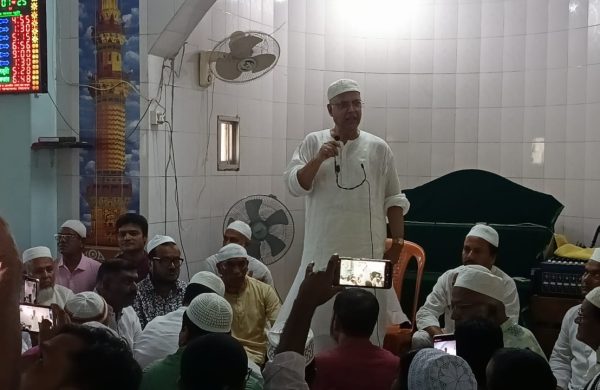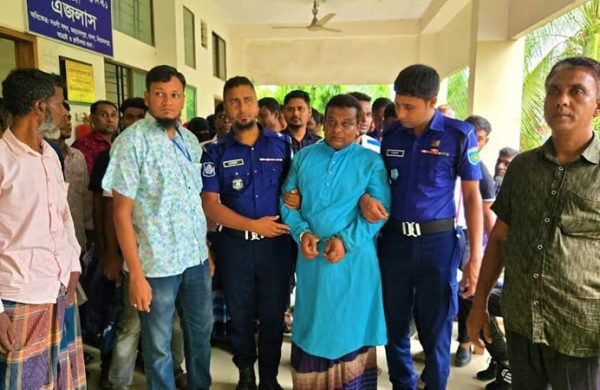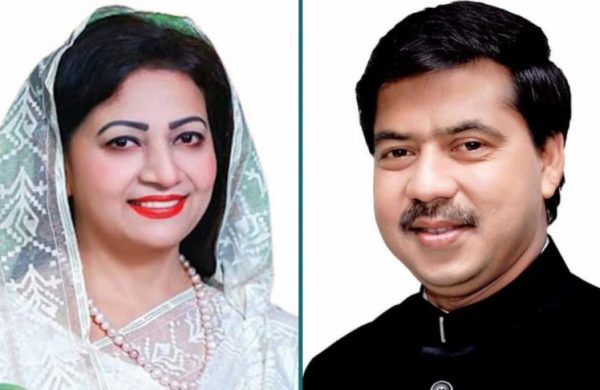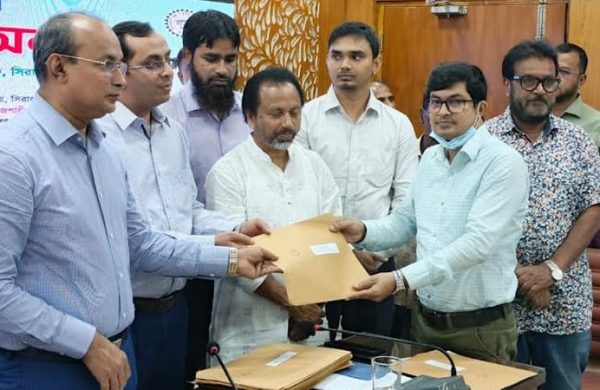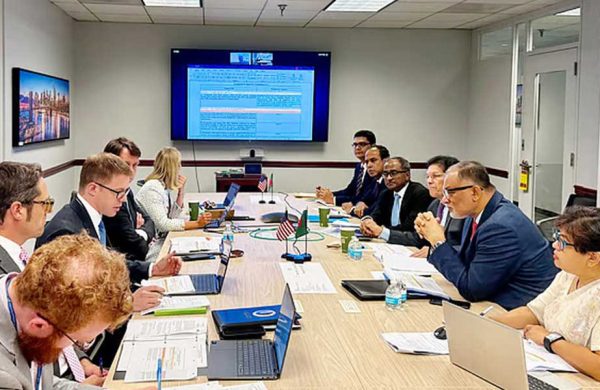Nearly 118,000 Rohingyas flee to Bangladesh in 18 months
- Update Time : Saturday, July 5, 2025
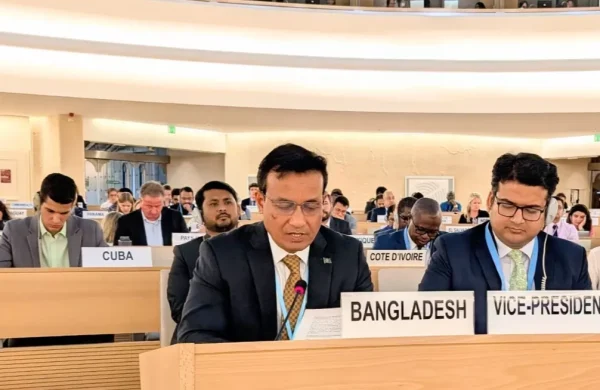
Staff correspondent:
In the past year and a half years, nearly 118,000 Rohingyas have fled to Bangladesh amid renewed violence and persecution in Myanmar’s Rakhine State.
Ambassador Tareq Md. Ariful Islam, Permanent Representative of Bangladesh to the United Nations Office in Geneva, shared the figure while addressing the 59th session of the UN Human Rights Council.
He was speaking during the adoption of a resolution titled “Situation of human rights of Rohingya Muslims and other minorities in Myanmar”, tabled by the Organisation of Islamic Cooperation (OIC).
The envoy reiterated Bangladesh’s readiness to engage with all stakeholders in finding a permanent solution to the Rohingya crisis through the voluntary, safe, dignified, and sustainable repatriation of the Rohingya to their homeland in Rakhine.
“It is the collective responsibility of the international community to uphold the rights and dignity of the Rohingya in Rakhine and to create an enabling environment for their rapid repatriation,” Tareq Md. Ariful Islam said.
According to a statement issued by the Bangladesh Permanent Mission in Geneva on Saturday, the ambassador also expressed concern over the deteriorating situation in Rakhine, where clashes between the Myanmar military and armed groups such as the Arakan Army have intensified.
The conflict, he warned, is severely hampering humanitarian operations and exacerbating the suffering of the remaining Rohingya population.
The UN Human Rights Council unanimously adopted the OIC-backed resolution, which condemned the continued human rights violations in Myanmar and called for greater international support for the over one million Rohingya refugees currently sheltering in Bangladesh.
The resolution also urged the United Nations and humanitarian agencies to ensure uninterrupted and adequate assistance to both Rohingya refugees in Bangladesh and vulnerable populations in Rakhine.
It further called for accountability mechanisms to address the culture of impunity in Myanmar, the creation of an inclusive governance structure in Rakhine State, and the meaningful participation of Rohingya Muslims at all levels of decision-making processes.
The ambassador also emphasized the importance of developing a practical and time-bound roadmap for repatriation, highlighting the significance of the upcoming high-level Rohingya conference scheduled to take place in New York this September.
The 59th session of the UN Human Rights Council, which began on June 16, is scheduled to conclude on July 9.


